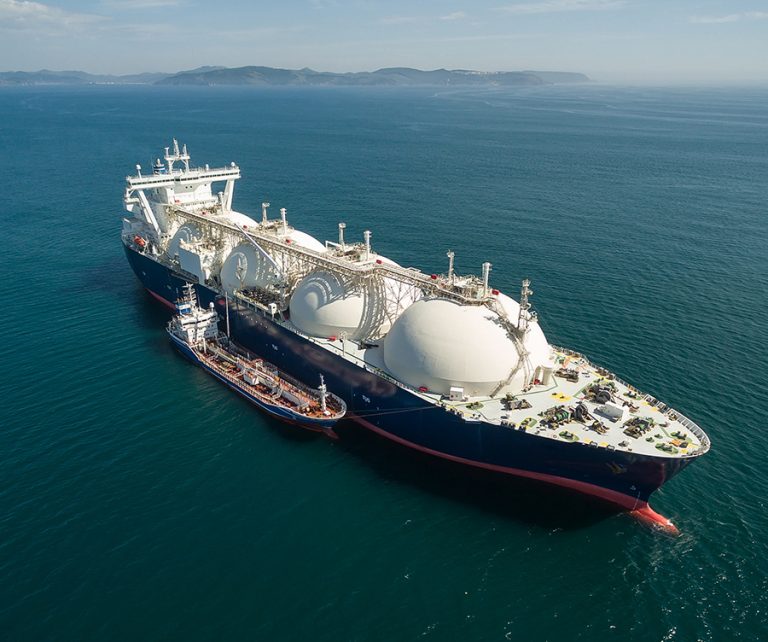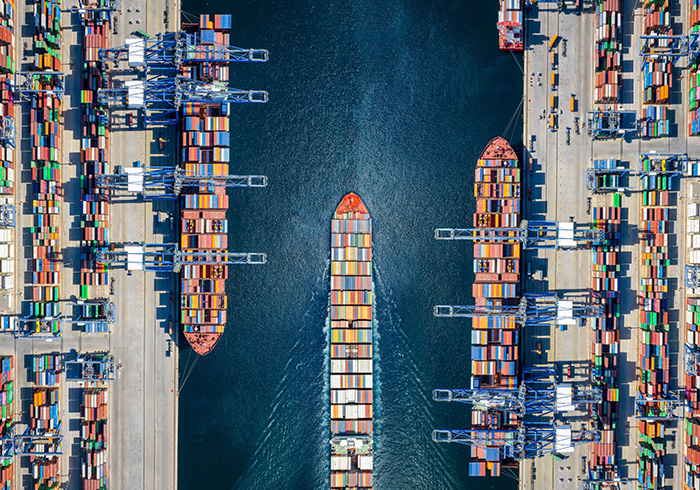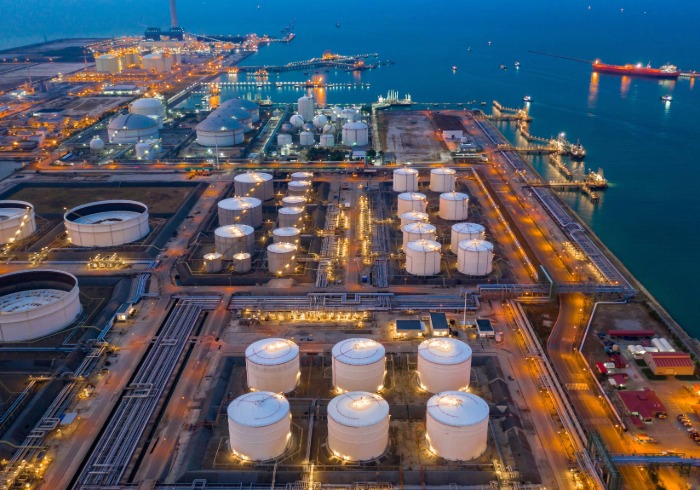Australia’s upcoming federal election is set to influence the direction of the country’s export finance strategy, with both major parties signalling plans to expand the role of the nation’s export credit agency in pursuit of their policy priorities – be it mining critical minerals or pumping gas.
When voters head to the polls on May 3 they are expected to choose between current Prime Minister Anthony Albanese’s Labor Party and the right-wing Coalition led by Peter Dutton’s Liberals.
For now, many polls are predicting that Albanese will cling to his leadership role, although the party may be forced to govern with the support of independents.
Regardless of the outcome, experts say the election will have a significant bearing on the activities of Australia’s export credit agency.
“Under a re-elected Labor government, we would likely see a continued shift towards critical minerals and away from fossil fuels,” says James Sherley, a climate justice campaigner at NGO Jubilee Australia.
Last week, Albanese pledged to establish a critical minerals reserve to “stand up for Australia’s national interest” that would buy key commodities from local projects and create stockpiles for Australia and its allies.
As part of this plan, it vowed to increase the size of its existing A$4bn critical minerals facility – administered by Export Finance Australia, the country’s export credit agency – by an additional A$1bn.
In contrast, the Coalition has proposed broadening the scope of the same facility to support domestic gas producers.
“A Coalition government will elevate gas to the same status as a critical mineral… [so it] remains a critical part of the Australian economy for decades to come,” said shadow resources minister Susan McDonald at a conference in early April.
She argued that gas is crucial for national security, adding: “A Coalition government will do the heavy-lifting – and the heavy investment – to empower our gas sector to drive-down energy prices; and drive-up export revenue.”
For climate groups, the stakes are high.
“Over the last three years since Labor took power, the government has financed critical minerals to the tune of A$1.75bn, which exceeds the total amount EFA spent on fossil fuels over the last 15 years,” Sherley says.
“It’s a huge shift in EFA’s priorities,” he adds.
The pivot was cemented last year with the passing of Labor’s Future Made in Australia legislation, which includes a clause legally preventing the use of EFA’s own balance sheet to fund any domestic or overseas fossil fuel projects.
In late 2023, Australia also signed onto the Clean Energy Transition Partnership, which commits its members – including countries such as the UK, Canada, Germany and Norway – to end international public financing of fossil fuels.
Export financing for fossil fuels has fallen to “near zero”, Sherley says.
But that trend may be reversed if the Coalition government comes to power. “From the outside, it seems Dutton is set on co-opting the critical minerals facility and using it for fossil fuels and nuclear,” Sherley tells GTR.
“There have also been previous policy suggestions by the Liberal National Party that they would seek to reclassify uranium and coal.”
Such a move could allow the Coalition to bypass existing restrictions, as the critical minerals facility is funded through the National Interest Account, a special vehicle separate from EFA.
“If the Coalition wants to use EFA to finance fossil fuels, they’ll find a way,” Sherley says.
Away from energy, Dutton says he wants Australia’s export credit agency to help mitigate the impact of rising US tariffs on exporters.
Labor has pledged to create an economic resilience programme under its National Reconstruction Fund that will provide A$1bn in zero-interest loans to help firms seek out new export opportunities.
Dutton backed the plan last month, but said it is “best administered” by EFA.







